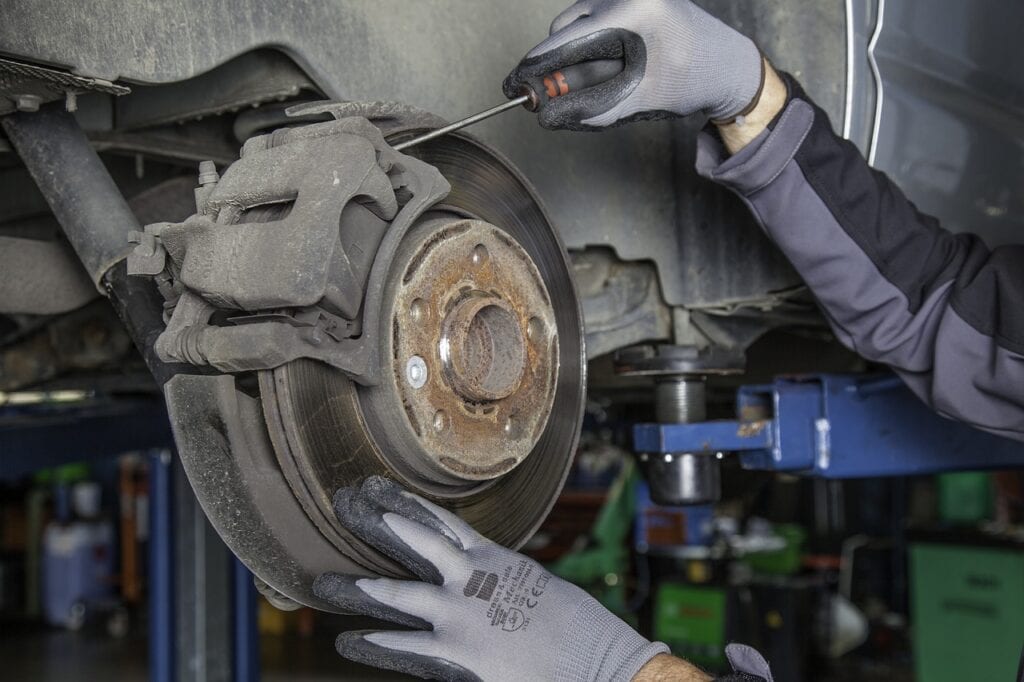MOT Testing Rules To Remain Unchanged

The government has confirmed that rules around MOT testing will not change following a consultation period.
It comes after an announcement in January 2023 that said there were considerations over whether to reduce the frequency of MOTs for drivers to every two years, rather than annually.
That was in addition to new vehicles not being required to be tested until 4 years after manufacture, rather than the current rule of three years.
But after a lengthy consultation, the government has decided against pressing ahead with the changes and MOT testing will continue under the current regulations.
MOTs – What Were The Proposed Changes?
The proposals to make changes to MOTs were part of measures the government was exploring to ease the pressure of the cost of living and price rises in recent years.
One of the suggestions was that an increase in the length of time between MOTs could save drivers from having to pay for the essential servicing and any potential costs arising from that.
But with the cost of MOTs being capped by the government (£54.85 for a car and £29.65 for a motorcycle), many questioned whether the saving represented anything meaningful for most households.
Plus, with regular servicing still being a requirement, it could be a false economy. That’s because a full service will go into much more detail on the vehicle’s condition, whereas an MOT is testing for its roadworthiness.
Not only that, but essential repairs and maintenance are unavoidable costs, and not having an annual MOT could simply result in failing to spot issues before they arise.
How Crucial Was Road Safety In The Decision?
The obvious question that fleet owners, road safety experts and the general public asked was how big an effect would any changes to MOT rules have on road safety?
When you consider that some drivers could be using vehicles that haven’t been tested in almost two years, no matter the age of the vehicle, it does raise concerns.
In its decision, the government did state that it will be working with industry leaders and drivers to develop longer-term reform of vehicle testing and MOTs in a more general sense.
That’s because the rapid improvement and development of technology in modern vehicles and the increase in the number of EVs on the road has meant that some aspects of MOTs may have become outdated.
Some of the proposals include a more efficient test for diesel particulate emissions, as well as developing the MOT for EVs and even moving larger zero-emissions vehicles over to a simpler test, more in line with the MOT testing for cars.
Safety appears to have been the biggest driving factor in the decision, which is something that industry experts and fleet owners will welcome.
Regular thorough safety checks are an essential part of vehicle maintenance and fleet owners have a duty to ensure they’re followed through on – which they do.
MOTs have formed a crucial part of the UK’s road safety network since they were introduced in 1960, and any changes in the coming years will require careful consideration before they are implemented.
How do you feel about the decision to keep MOT testing rules the same? Do you think the test itself could do with a revamp, and if so, what would you add or change? Let us know in the comments below…










